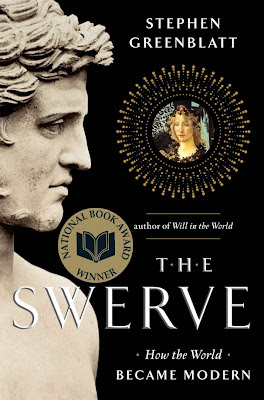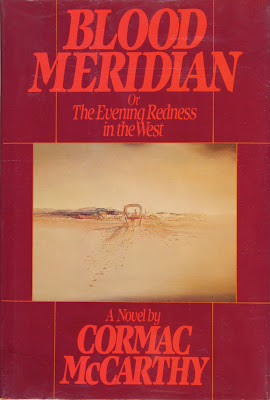How to write a lot (I wish)
I was recently perusing the inteweb looking for books on writing and found How to Write a Lot: A Practical Guide to Productive Academic Writing by Paul J. Silvia. I love reference books on writing as they are a enjoyable procrastination reads. I was reading some reviews on the book and found this interesting bit on AMAZON and thought I would publish it here. Hello, my name is Renee. I am an assistant professor and a mother. I write a lot. I inherited this book from a friend who didn't get tenure. I find books on writing valuable, because even though I write a lot, there's always something to learn from others who write a lot. This book was interesting and easy to read. It was funny, and I share the author's interest in mid-century furniture (although I am not sure it is relevant to writing!). I would recommend it to people who want to read a useful text on writing productively. However, I am giving this text only three stars because the advice is rather thin, an...



